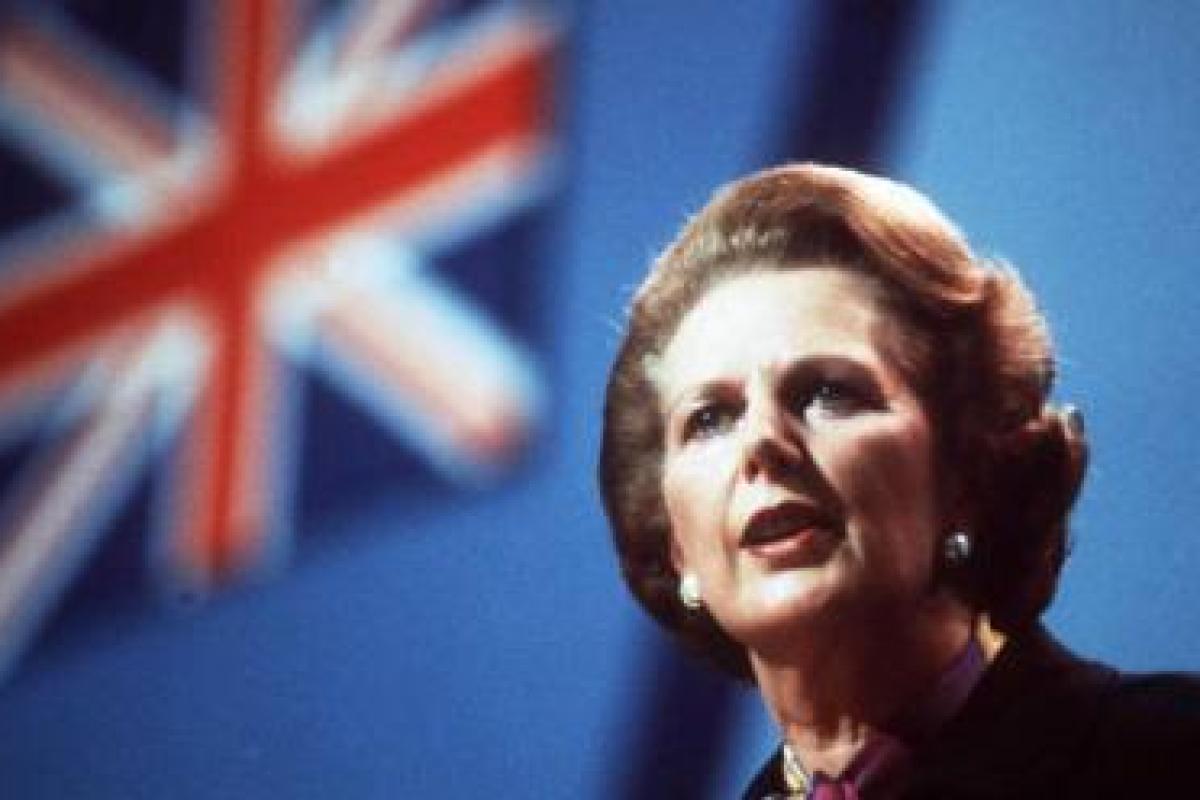Over the last week there has been a blizzard of analyses of how and why the country was in such dire shape before Mrs Thatcher was elected: non-stop strikes (the source of my favourite mixed metaphor - from a politician complaining about the gravedigger’s strike: ‘I will not have dead bodies used as political footballs’ an almost Greek style financial bailout; bullying trade union power and specifically for the purposes of this blog, the fact that all the major industries were nationalised. And what that meant for consumers was costly and inefficient services. Waits of weeks just to get a telephone installed is not an exaggeration. And this was true wherever you looked. Consumers had very little choice (except in packaged goods) and marketing was essentially all about what was sold in supermarkets. So the huge increase in the service sector - following privatisation - was inevitable, as more and more service providers blossomed under private ownership.
But as a number of commentators have observed in comparing then to now, different circumstances require different solutions - and the political response to the current circumstances has been anything but coherent. However, the now-accepted dominance of market capitalism and the importance of choice - Mrs Thatcher’s passionate belief - raises another interesting issue that struck me, when reading one of the most cogent critics on marketing and morality - Michael Sandel. Now we take choice for granted. We are inundated with choice - too much for some, with ridiculously nuanced differences between providers. Paralysed by choice in some fields explains why really distinctive brands can make a huge difference.
But that’s not Sandel’s point. An article in the US monthly, The Atlantic, last year began with a list of the things that money could buy these days: a prison upgrade in Santa Ana California ($90); access to the carpool lane while driving solo in Minneapolis ($8); the services of an Indian surrogate mother ($8.000); the right to shoot an endangered black rhino in South Africa ($250,000); the right to immigrate to the US ($500,000).
Sandel’s worry about moving to a society where everything is for sale is in two areas: the first is about inequality, which effectively removes so-called ‘public goods’ from the poor; and the second is a subtler point - what he calls the corrosive power of markets - that putting a price on goods changes their meaning.
His final paragraph sums up this dilemma:
‘A debate about the moral limits of markets would enable us to decide as a society where markets serve the public good and where they do not belong. Thinking through the appropriate place of markets requires that we reason together in public about the right way to value the social goods that we prize. It would be folly to expect that a more morally robust public discourse would lead to agreement on every contested question. But it would make for a healthier public life. And it would make us more aware of the price we pay for living in a society where everything is up for sale.’
What would Mrs Thatcher say?
Read more from Judie Lannon.
